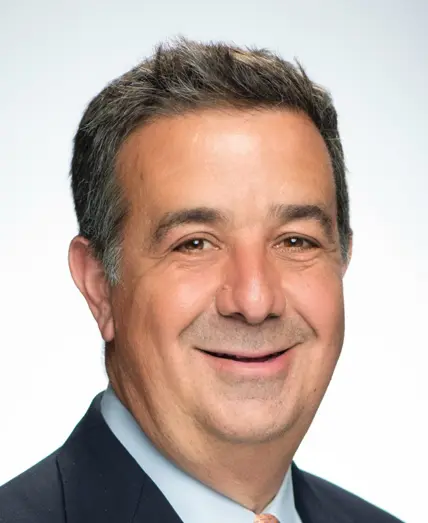Mitchell Kraus: Delivering A Superior Client Experience
During the pandemic, advisor Mitchell Kraus found himself with much-needed time to evaluate the state of Capital Intelligence Associates, the Santa Monica-based wealth management practices he owns with his father.
Despite the firm’s many strengths, Kraus was frustrated by a persistent pain point: a lack of systems and processes. “I was happy with the advice I was giving, but the client experience wasn’t consistent or repeatable—so I was always afraid of things falling through the cracks and having the recreate the wheel with each new client,” he says. “It was putting stress on myself and the practice.”
Today, however, he sums up his business with one word: efficient. “We’re creating a much better service experience for clients, but with less effort than ever,” he notes.
The transition to a stronger practice began when Kraus joined a coaching program offered by CEG Worldwide. In it, he learned and implemented two strategies he says enabled him to become an even better advocate for his clients:
1. The wealth management formula. Kraus learned to clearly and succinctly articulate the wealth management experience he delivers so that prospects and clients quickly understand the value they receive. The key is the wealth management formula:
Wealth management =investment consulting + advanced planning + relationship management
* Investment consulting addresses the top concern of affluent clients: preserving their wealth. It is the primary offering of most financial advisors.
* Advanced planning addresses the four primary financial concerns beyond investment consulting: wealth enhancement, wealth transfer, wealth preservation and charitable giving. It’s expressed like this:
* Relationship management has two parts. First, it means building and fostering client relationships over time through a consultative process. Second, it involves managing other professional advisors in order to address clients’ advanced planning concerns. Thus, relationship management includes both client relationship management and professional network relationship management.
The result of using this approach: “I’m now much better at defining what I do and how it’s different from the crowd,” says Kraus.
2. The discovery process. Krause also began using a curated series of specific questions designed to help clients articulate key aspects of their lives to advisors, so the advisors can develop a comprehensive profile of each client. This process of discovery focuses on topics such as clients’ values, goals, important relationships, interests, assets, and how they prefer to work with and interact with their professional advisors.
Kraus includes this discovery process in every initial meeting with prospective clients—making it a systematic component of his wealth management process that, he says, allows him to create a full and comprehensive picture of the person sitting across from him. “Discovery helps me get to know clients on a deep level, and obviously the better I get to know them the better advice I can give,” he says. “I can’t tell you how many times people have said that no other advisor has ever asked them these types of questions and how much they appreciate the effort I make to really understand them.”
Kraus says the ultimate impact of these strategies is two-fold:
- He’s been able to differentiate himself better and attract high-value clients that were once out of his reach.
- He has greater peace of mind. “I’ve moved so far forward toward my potential that I no longer worry about things falling through the cracks. I know I have the systems in place to make sure that doesn’t happen,” he says. “It’s given me a new level of confidence in my abilities.”
Looking back on his journey, Kraus has just one regret: “I wish I’d started searching earlier for the right coach to bring my business to a higher level.”
MITCHELL KRAUS
Wealth Manager


